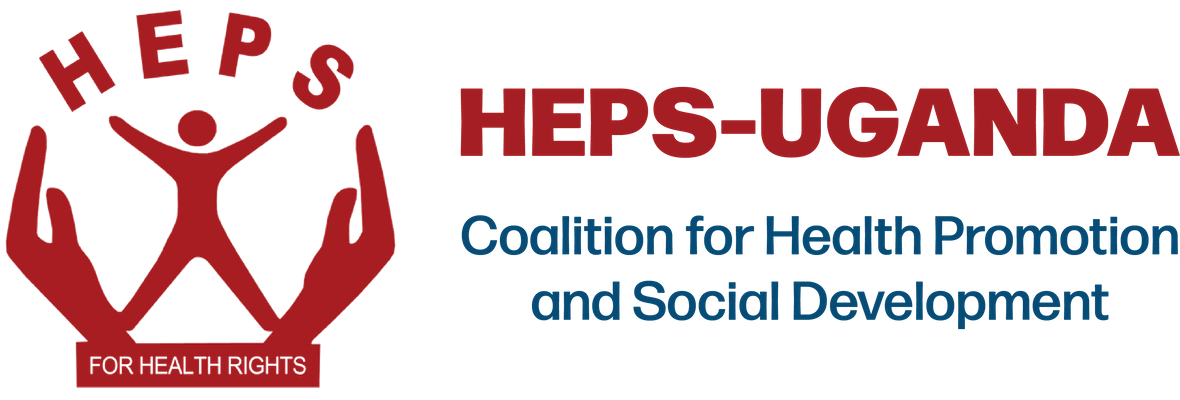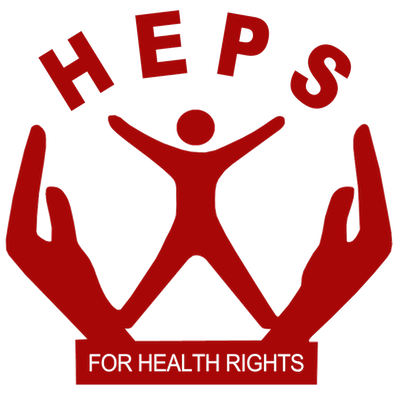HEPS-Uganda @25 is dedicated to advocating for the health and socioeconomic rights of vulnerable individuals, groups, and communities. Our mission is “To enable more Ugandans to access equitable health services through empowering communities and lobbying for a health system that meets the needs of Ugandans.”
One of the key challenges HEPS-UGANDA @25 aims to tackle is the limited access to quality healthcare for many Ugandans, including essential medicines and treatments. This goes beyond just medicines to encompass overall healthcare services, emphasizing the need to integrate advanced technology to enhance the quality and effectiveness of healthcare delivery, and amplifying the advocacy through media engagements.
Recently, C-Care, also known as International Hospital Kampala (IHK), introduced an advanced model MRI (Magnetic Resonance Imaging) machine – the Magnetom Altea 1.5T MRI. This advanced model can accommodate patients with larger body sizes, offering enhanced imaging capabilities.
Therefore, investing in advanced technology in healthcare services has significant implications, such as;
Convenience and accessibility due to the digitalization of healthcare services, such as Rocket Health by Dr Davis Musinguzi whose aim is leveraging telemedicine and last-mile delivery of medical services to improve care and treatment outcomes for patients with chronic illnesses in Uganda makes it easier to access health care services
Improves response to health emergencies such as outbreaks and pandemics, through early warning systems, and effective management of emergency services. For instance, last year the Ministry of Health reported an Mpox outbreak and on 31st January 2025, the Ministry of Health reported the first case of an Ebola outbreak in Uganda. So the advanced technology would enable quicker detection, better resource allocation, better preventive measures, and more efficient outbreak management.
Capacity Building and system strengthening, advanced technology in healthcare requires continuous training and upskilling of health workers and health teams, such as Village Health teams(VHTs), to maximize the benefits of digital transformation and maintain high-quality care.
Enhanced Diagnostic and Treatment accuracy such as machine learning, and medical imaging such as the MRI (Magnetic Resonance Imaging) machine – the Magnetom Altea 1.5T MRI. introduced at C-Care contribute to more accurate diagnoses and tailored treatment plans, improving patient outcomes and improving the quality of the health care services
Investment in health technology supports the development of strong healthcare systems, enabling better resource management, for instance the Digital E-management record system introduced in Kamuli district at Naminange Health Centre II will also improve medical data, minimizing medical errors, cost-effectiveness with improved service delivery and long-term financial sustainability.
Advanced technology in health care facilitates evidence-based decision-making due to accurate data and informs health facilities such as Health Centre III and Health Centre II on improved healthcare planning and response
Integrating digital health tools empowers patients through personalized health monitoring, real-time feedback, and self-management tools, fostering greater engagement in their health.





